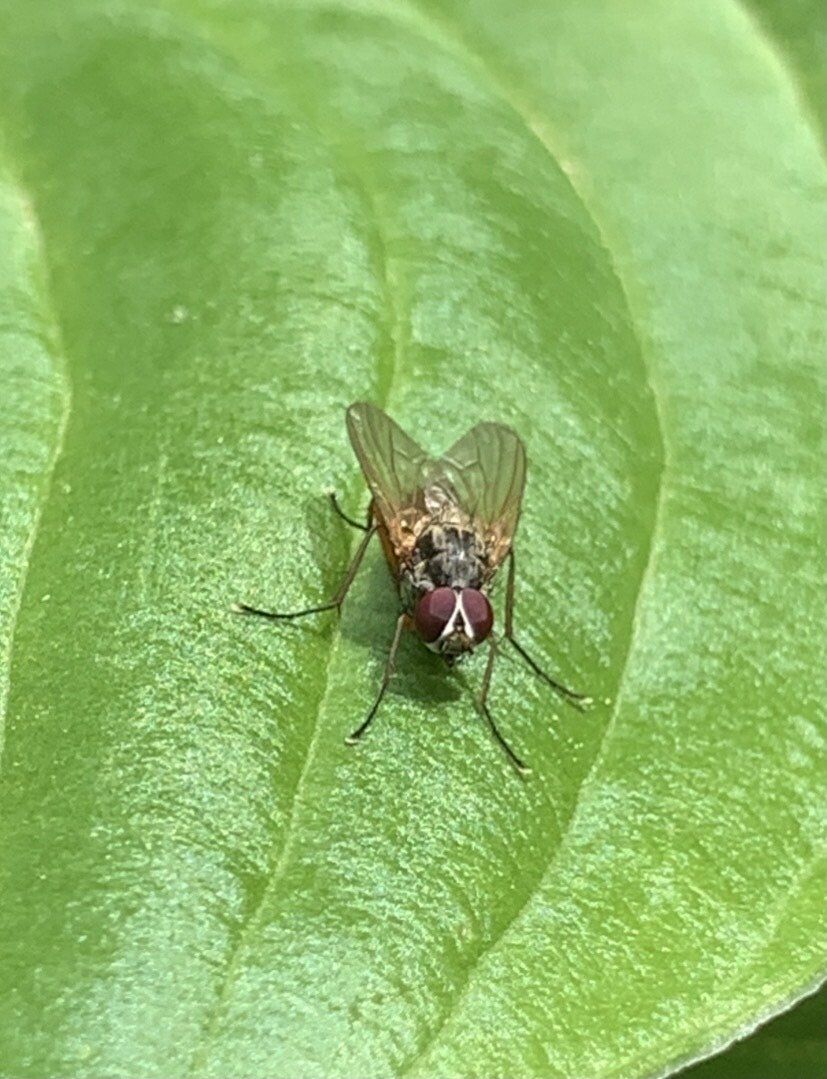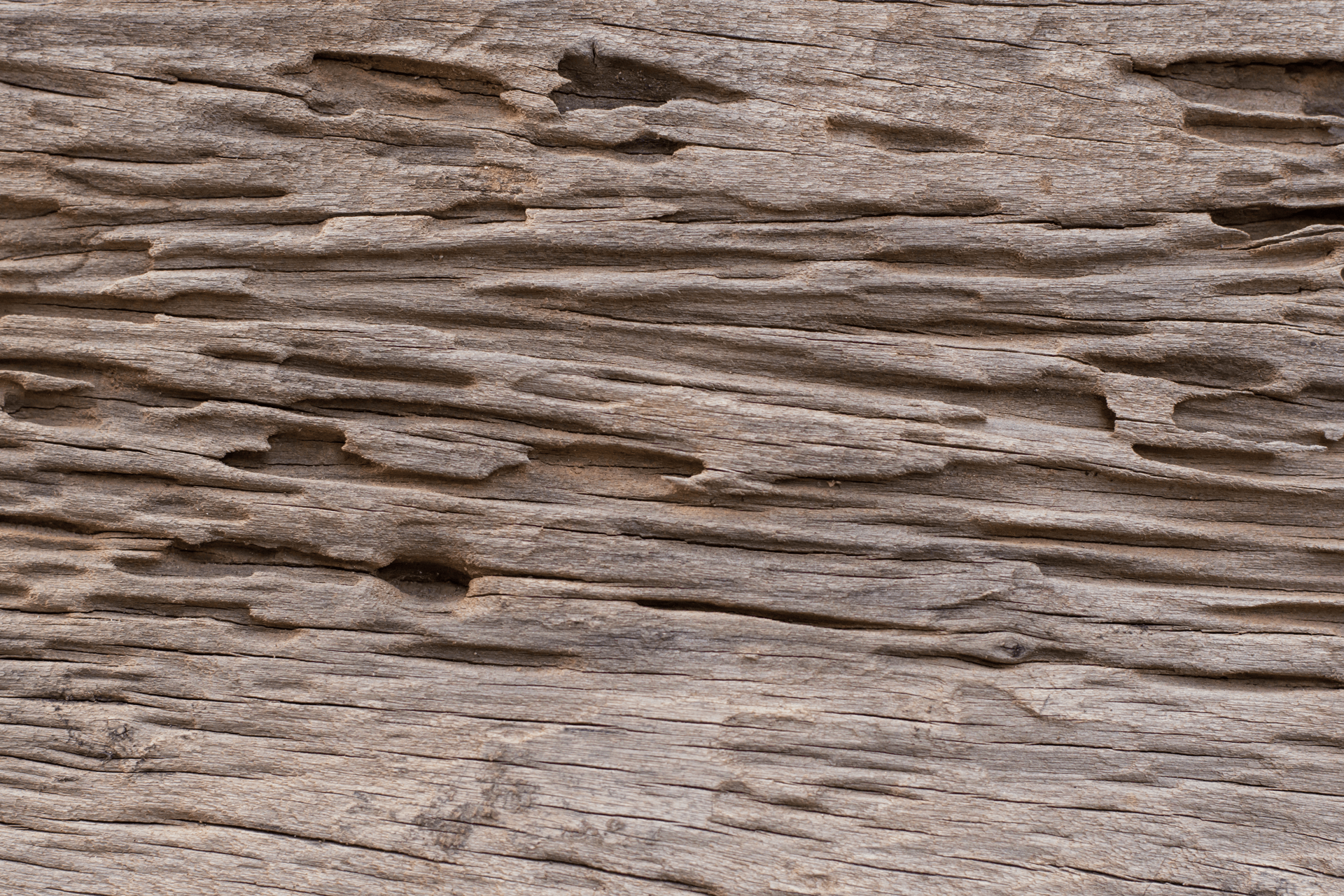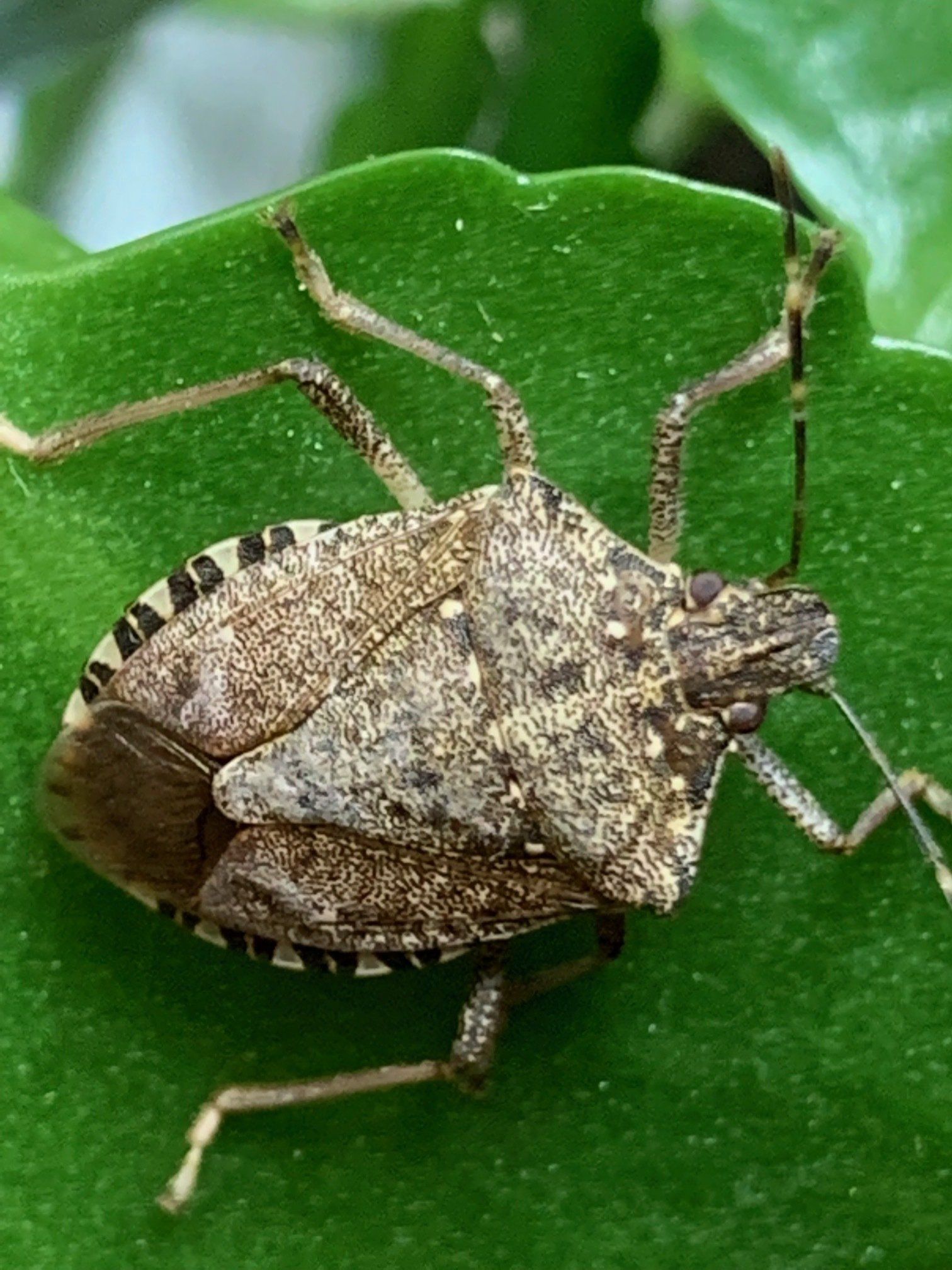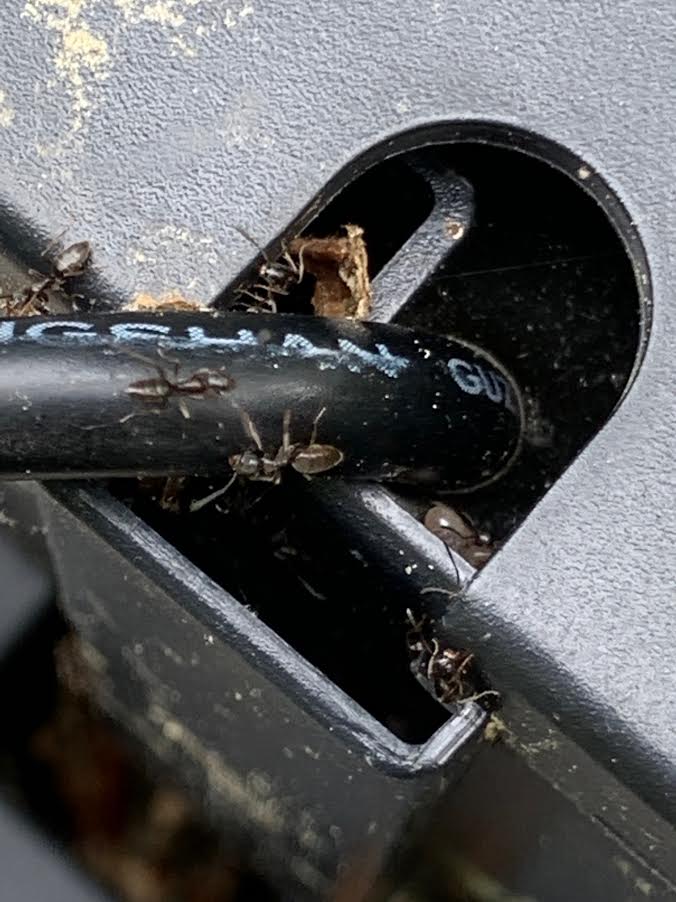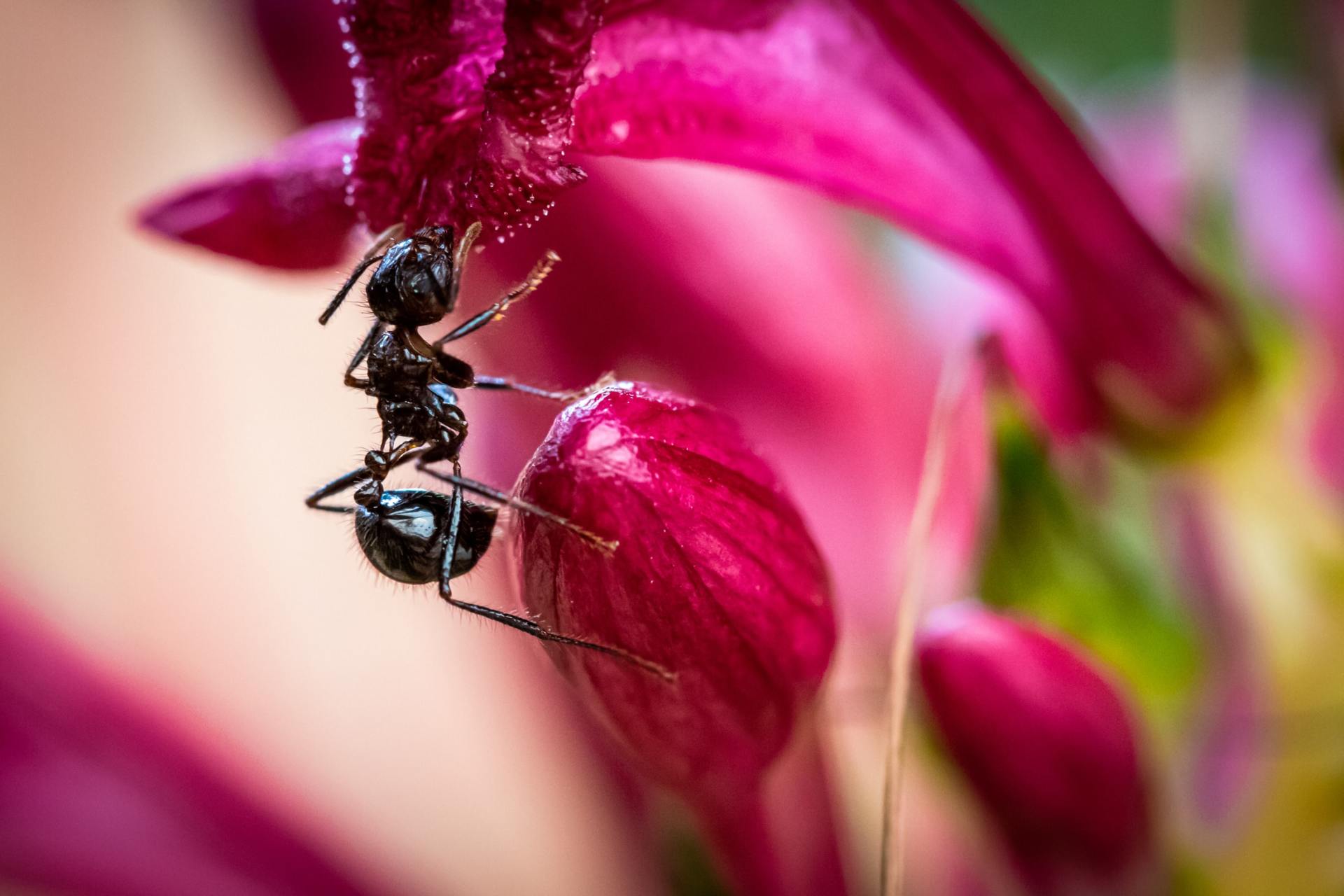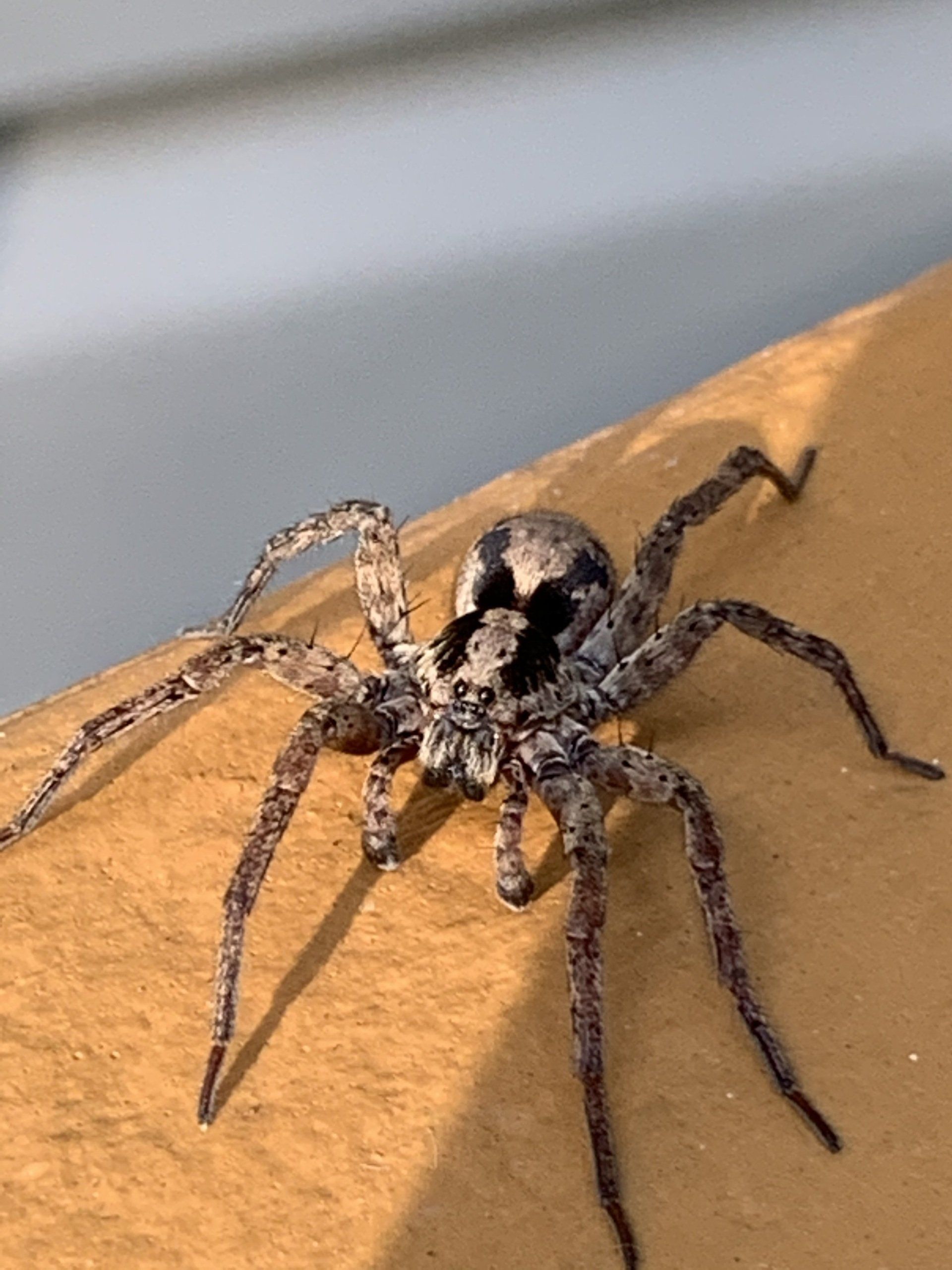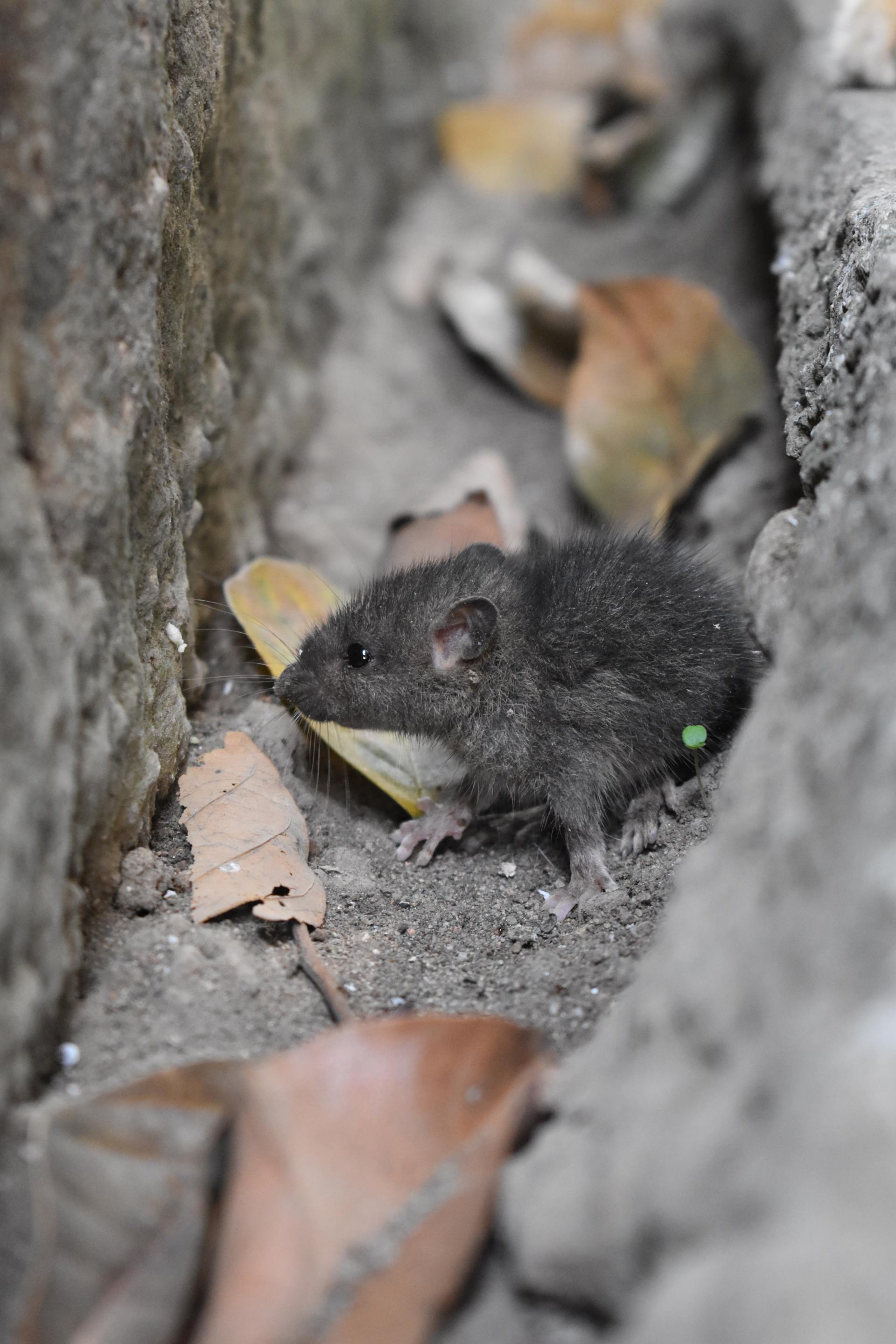Why do I Have Flies?
Control and Prevention of House Flies
House Flies are disgusting and the last place you want them is in your house and around the food that you and your family are eating.
Why are house flies considered one the more dangerous of pests in a home?
House flies are more than just nuisances, they cause food poisoning and diarrhea and are carriers of diseases such as E.coli, dysentery, conjunctivitis and cholera. The common housefly is believed to transmit over 60 different diseases. While flies do help with the deterioration of rotting and decaying matter on the outside and are food to frogs and some birds, their presence inside of the home, in our yards, and on our food is neither ideal or safe.
House flies are commonly found and land on garbage, sewage, dead animals, spoiling food, feces, manure, and many areas that are covered in bacteria, viruses and parasites. They breed, lay eggs and eat in these same areas. Bacteria is then transmitted by the contaminated hairs and the legs of flies onto our food surfaces and through the food that we eat.
If that isn’t bad enough, Houseflies also throw-up or vomit on food, your food, that they land on in order to allow them the capacity to eat. Flies do not have teeth and are only able to eat or “drink” foods in a liquid form. To do this, flies will vomit a mixture of their saliva and enzymes from their stomach onto the desired food to soften and liquefy the food that they intend to eat. Once liquefied, house flies will then suck up the food through their proboscis, in a similar manner to how we use a straw. In addition, flies are known to defecate quite often and, unfortunately, will also, Well, they poop when they land on surfaces including food, counters, table, walls, and, Yes, even when they land on you.
Due to the potential health risks of houseflies in your home, below are some important fly prevention and fly control recommendations to keep your house free of houseflies.
Sanitation, elimination of breeding and harborage sites and Exclusion are all crucial elements to getting rid of housefly infestations.
Sanitation is key to keeping fly activity to a minimum. Flies are attracted to moist, organic matter including rotting food and feces. If sanitation problems and fly breeding areas are not first addressed, it will be extremely difficult to rid the home of a house fly infestation.
-Empty and take trash out of home regularly. Keep outside trash containers away from the home-the farther, the better. Place all trash inside of trash bags. Make sure that all trash containers have a lid and are securely and tightly closed. Clean trash cans regularly.
-Remove all dog feces in your yard regularly (daily removal is ideal). Not only will flies eat the pet waste, they will also breed and lay eggs in your pet’s poo, causing fly populations around your home to grow quickly.
-Store food in covered containers and put away immediately after meals and use. Keep containers covered during outside gatherings and picnics. Clean up all food spills quickly on counters, floors, decks, etc.
-Be sure to throw out rotting fruits or vegetables from inside of the home. We would recommend putting any rotting items inside of a bag and removing to the outside of your home. Check also and remove overripe or rotting foods from gardens and dispose of these in sealed bags inside of the trash.
-Clean dirty dishes from sink daily or be sure to keep dishes rinsed and free of foods.
-Cover compost piles with a plastic layer or barrier that will help prevent house flies from getting to the compost area and breeding.
-For fruit flies, Keep sink drains clean. Rotting food particles and fermented food can build up inside of drains that attract fruit flies. We would recommend using an enzyme drain cleaner, not chemical drain cleaners. For drain flies, be sure to check drains for clogged drains as they are attracted to standing water and breed in the slime that builds up inside of blocked water and sewer or septic pipes.
-For Carrion flies such as blowflies, bluebottle flies, greenbottle flies and flesh flies, Check for and remove any dead or decaying animals inside and around your house. Check garages, attics and basements as possible locations of dead mice, birds and other animals.
Elimination of fly entry. Stop flies from gaining access to your house and remove any potential areas that they may be getting into your home through.
-Keep doors and windows closed and Do not leave open for an extended period of time or ever hold or prop open doors.
-Keep attached garage doors closed.
-Repair holes or tears in screens and seal cracks and gaps around windows and doors. Make sure that screens fit properly.
-Put screens on vents to prevent flies from entering through vent opening.
Removal. If you see a fly in your home, just get out the trusty fly swatter and get rid of it. For every one less fly, there is one less potential for breeding of additional flies. And that can be important as just one female fly can lay 75 to 150 eggs at one time and she can reproduce up to 6 times in her life. In an ideal breeding environment, a housefly egg will grow to an adult in as little as 6 days.
Integrity Pest Solutions offers Fly Management Programs tailored around around each specific home or business and property, Available for both residential and commercial. Call us at 302-858-8629 with any questions you may have or to schedule your free evaluation.
Integrity Pest Solutions is your local, family operated pest control company offering a complete line of termite, pest control, organic and inspection services in Sussex county, Delaware and Kent county, Delaware.
Service Areas
Northern Delaware: Dover, Delaware, Harrington, Delaware, Camden, Delaware,
Frederica, Delaware,
Felton, Delaware
Western Delaware: Laurel, Delaware, Seaford, Delaware, Bridgeville, Delaware, Greenwood, Delaware
Central Delaware: Georgetown, Delaware, Millsboro, Delaware, Milton, Delaware, Ellendale, Delaware, Lincoln, Delaware
Eastern Delaware & Beaches: Lewes, Delaware, Rehoboth Beach, Delaware, Bethany Beach, Delaware, Dewey Beach, Delaware, Ocean View, Delaware, Millville, Delaware, Long Neck, Delaware
Southern Delaware: Dagsboro, Delaware, Delmar, Delaware, Frankford, Delaware, Selbyville, Delaware
